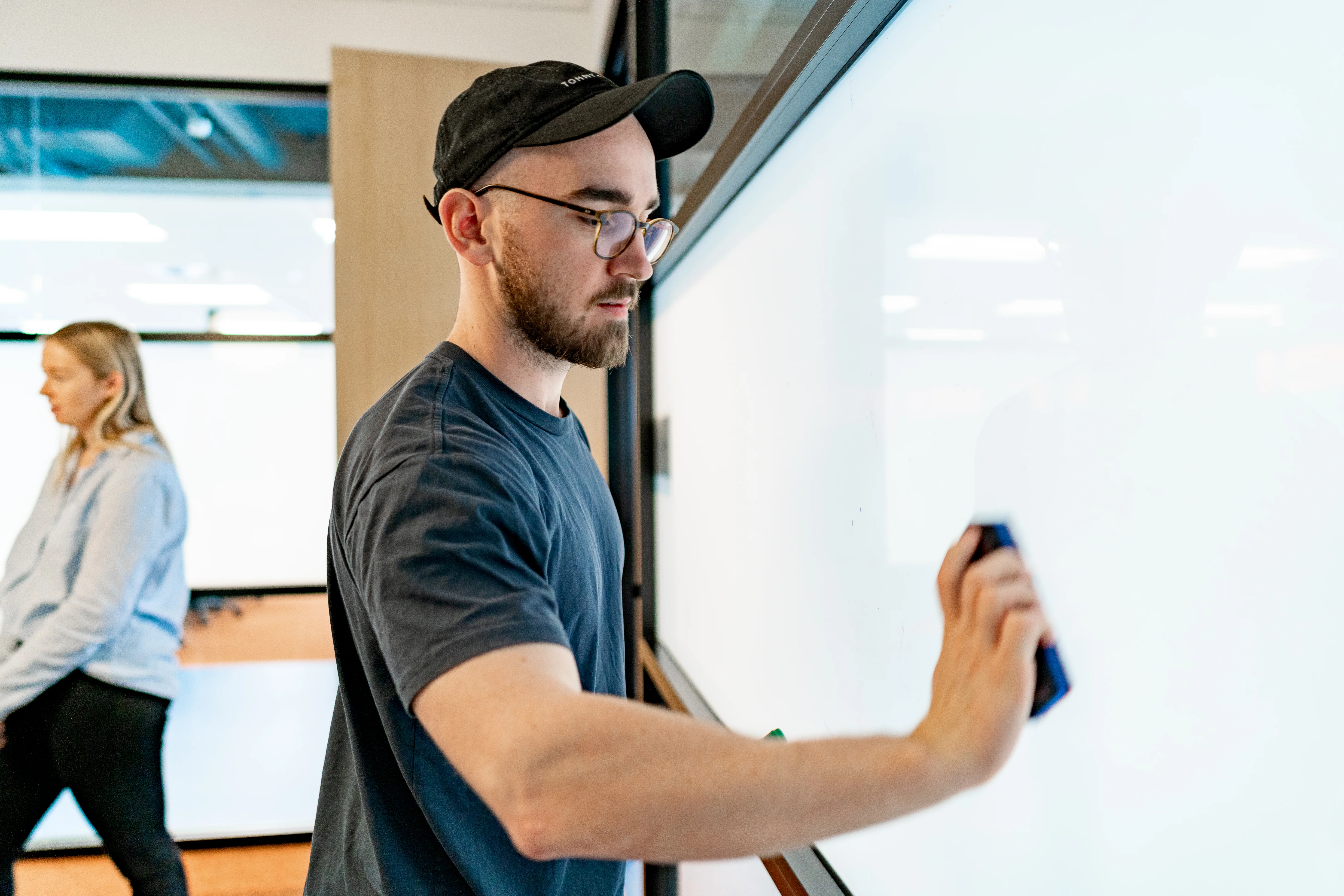Careers advice
Real work stories: what's it like to work in IT?
Here’s an insight into the world of an IT professional.
1. What does a typical day at work look like?
2. What soft skills are needed to succeed in your role?
Communication and teamwork are core soft skills to bring to an IT role.
3. ...and hard skills?
4. What are the best things about working in IT?
Vanessa recommends becoming fluent in one or two common programming languages as a starting point.
5. What are the drawbacks?
6. How would you describe your work/life balance?
7. What tips would you have for first-time job hunters in this industry? What do hiring managers like to see?
Know your worth
Be prepared to show your skills
Have the right kind of attitude
Showing the right attitude and fitting into the company culture are hugely valued by employers.
8. IT is constantly developing, what advice would you have for job seekers to keep on top of this?
9. What does the career path look like in your position/field?
Other articles you might like






